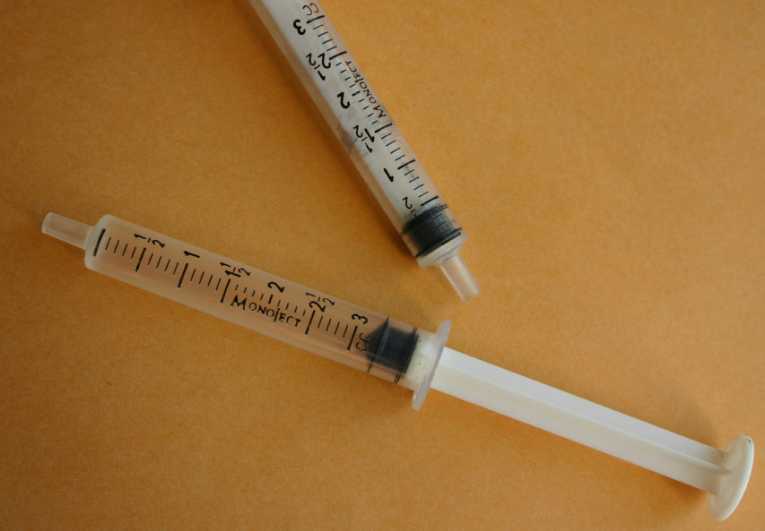The 25 countries that stretch from Senegal on the Atlantic coast to Ethiopia on the Horn of Africa constitute the infamous meningitis belt of Africa. These countries, at the mercy of the dry, dust-laden Harmattan winds, have to deal with the scourge of the dreaded bacterial meningitis that take many lives, especially those of children and young people, every year. Characterised by high fevers, stiff necks and brutal headaches, bacterial meningitis usually kills but often survivors are left with deformities and disabilities like deafness, with mental retardation in many severe cases. It's not known how the dry season winds bring about the disease.
But now a solution might be in sight.
Funded by the Bill and Melinda Gates Foundation, a new vaccine, recently developed, say scientists, might help contain the ravages of the disease. Manufactured by the Serum Institute of India, a major vaccine producer, the vaccine relies on technology developed at the Food and Drug Administration and donated by the United States government at the cost of only token royalties. And in a move lauded by advocates, the serum was developed without any help or involvement of major pharmaceutical companies.
Promise of health
Leading the development panel for the vaccine was a team from the World Health Organization (WHO) and PATH, the non profit from Seattle. After crucial clinical trials in India and Africa that took five years to complete, the vaccine was declared fir for wide scale dispersion by the WHO. Earlier vaccines weren't targeted specifically against the African strain of meningitis, provided protection for only a few years, didn't prevent transmission besides having short shelf lives and being expensive.
The World Health Organization says more 450 million Africans are currently at risk.Costing less than 50 cents a dose, this new vaccine is now being given in drives (starting with Burkina Faso) that aim to vaccinate 300 million West Africans across 25 nations. Yet scientists caution against overpromising its uses, saying that it only prevents but doesn't eradicate the meningitis strain. Hundreds of thousands of dollars are necessary for the immunization drives and funding is a major factor that might impede its preventive power.










